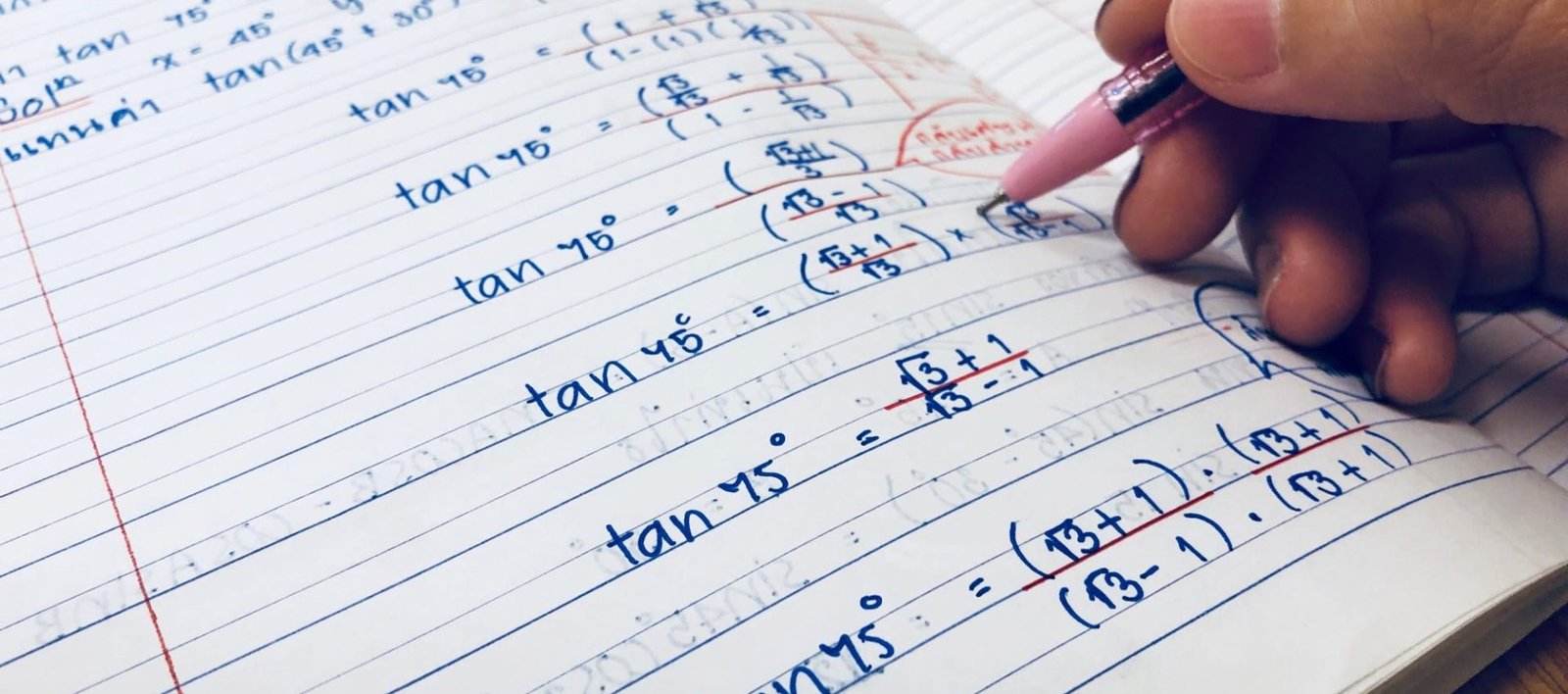Class 12 Mathematics under the CBSE curriculum can seem intimidating at first—but with the right mindset, preparation strategy, and consistency, it can become one of your strongest scoring subjects. Whether you’re aiming for top board exam marks or preparing for entrance tests like JEE Main, a strategic approach is essential.
Here’s a complete guide on how to effectively tackle CBSE Class 12 Maths:
1. Know the Syllabus Inside Out
Start by going through the official CBSE Class 12 Maths syllabus. It’s crucial to understand the weightage of each unit:
Relations and Functions
Algebra (Matrices & Determinants)
Calculus (the largest portion – continuity, differentiation, integration, applications)
Vectors and 3D Geometry
Linear Programming
Probability
By knowing the mark distribution, you can prioritize your preparation accordingly.
2. Build a Strong Conceptual Foundation
Avoid memorizing formulas without understanding. Instead, focus on concepts and the logic behind each formula or theorem. Class 12 Maths is application-based—so if you understand the concept, you’ll be able to solve even unfamiliar questions with ease.
3. Master NCERT First
The NCERT textbook is your most important resource. Every year, CBSE board papers are heavily based on NCERT examples and exercises. Ensure you solve:
All examples
All exercise questions
Miscellaneous problems at the end of each chapter
Only after mastering NCERT should you refer to additional books like RD Sharma or sample papers.
4. Practice Daily
Mathematics is a subject of practice, not passive reading. Set aside daily time to solve problems. Begin with simpler problems and gradually move to higher-order ones. Consistency will help improve speed, accuracy, and confidence.
Tip: Maintain a practice notebook with:
Formulas and identities
Tricky problems and shortcuts
Revisions of common mistakes
5. Focus on Calculus and Application-Based Topics
Topics like Integration, Differentiation, Application of Derivatives, and 3D Geometry often carry the most marks and require both conceptual understanding and practice. Don’t skip steps while solving these problems and practice writing neat, step-by-step solutions for exam readiness.
6. Solve Previous Year Papers & Sample Papers
Solving at least 5–10 past year CBSE papers will help you:
Understand exam patterns
Improve time management
Learn the marking scheme
Reduce anxiety
Also, attempt CBSE sample papers and mock tests under timed conditions to simulate the real exam.
7. Revise Smartly
Make a revision schedule and break it into:
Formula revision (weekly)
Concept maps
Mistake log review
Solving 2–3 problems from each topic daily
Create chapter-wise summary sheets for last-minute revision.
8. Time Management During the Exam
Start with the section you’re most confident in
Don’t spend too long on one question
Show clear steps for all answers to get full marks
Reserve 15–20 minutes for revision


Final Thoughts
CBSE Class 12 Maths isn’t about rote learning—it’s about understanding, applying, and practicing. The more effort you put into learning the concepts and practicing regularly, the easier it becomes to score well. With discipline, patience, and the right resources, you can not only excel in board exams but also gain a strong foundation for future competitive exams.



